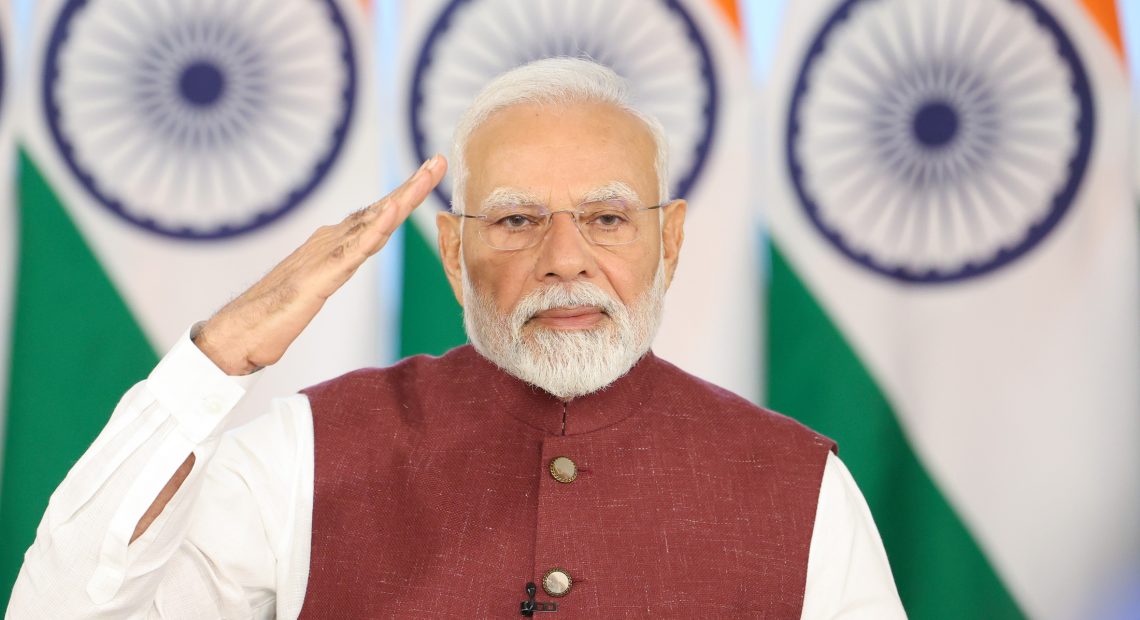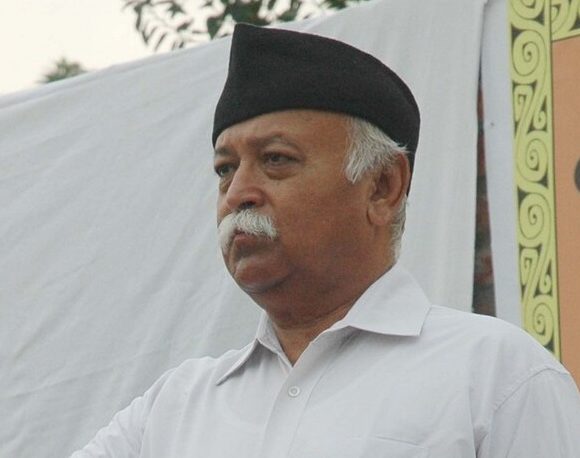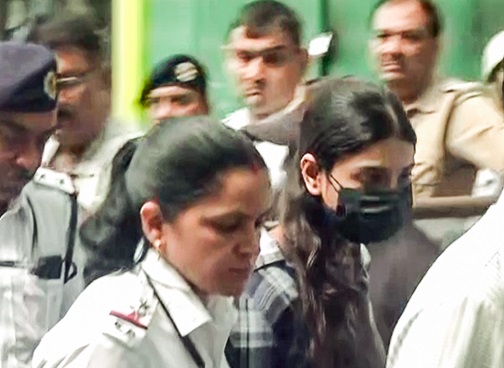
PM Modi Meeting: Ministers Mandated RT-PCR Amid COVID Surge
India has implemented a strict precautionary measure requiring all ministers and officials scheduled to meet Prime Minister Narendra Modi to undergo an RT-PCR COVID-19 test. This decision follows a visible uptick in active COVID cases across the country, prompting the government to reinforce safety protocols even at the highest levels of administration.
COVID test before PM meeting
Around 70 BJP leaders—including Union ministers, Members of Parliament, Members of Legislative Assemblies, and the Delhi Chief Minister—were set to meet PM Modi at his residence on June 11. All attendees were required to produce negative RT-PCR test results prior to the meeting. The mandate is not limited to closed-door meetings; individuals expected to share the stage with the Prime Minister during upcoming rallies and public events will also be subject to the same testing requirement.
This marks a return to stringent preemptive health screening in a bid to prevent super-spreader events and to ensure the Prime Minister’s schedule continues uninterrupted amidst a fresh national outbreak.
Rising COVID-19 cases across India
India reported 306 new COVID-19 cases and six deaths in the last 24 hours, raising the total number of active cases to 7,121. Kerala tops the list with 2,223 active cases, followed by Gujarat (1,223), Delhi (757), and West Bengal (747). Other states such as Maharashtra, Tamil Nadu, Karnataka, Uttar Pradesh, Haryana, and Andhra Pradesh are also seeing an uptick in infections, indicating a widespread but moderate resurgence.
Health officials have clarified that while the majority of current cases are mild in nature, elderly citizens and those with pre-existing health conditions remain vulnerable. This has necessitated a return to basic protective measures in high-level gatherings and public interactions.
Health protocol, variant tracking and preparedness
The Ministry of Health and Family Welfare has scaled up nationwide readiness. Hospitals have been instructed to conduct mock drills to evaluate preparedness, including availability of oxygen supply, ICU beds, isolation wards, and essential medication. These drills aim to ensure that the healthcare system remains resilient should case numbers surge.
Genomic surveillance has also intensified. The Indian Council of Medical Research (ICMR) has identified several new Omicron-descended variants—LF.7, XFG, JN.1, and NB.1.8.1—currently circulating in different states. While these subvariants appear to spread faster, early clinical evidence suggests they are not causing severe disease in the majority of cases.
Despite no indication of a major wave, the government is emphasizing caution. The return of RT-PCR testing for ministers and other VIPs is a clear indication that India is taking no chances in preventing administrative disruptions or large-scale transmission. With a renewed focus on surveillance, preparedness, and protection, the government hopes to keep the current outbreak under control while keeping essential governance and political activity on track.


















